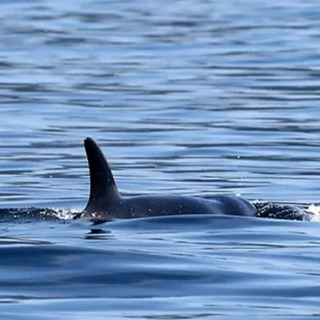Jaksokuvaus
Linda Rhodes is a microbiologist with NOAA's National Marine Fisheries Science Center who studies how parasites in human sewage and animal waste may be hurting the Southern Resident killer whales. The amount of human sewage that ends up in the Salish Sea will shock you. It creates parasites that can enter the whales through their blow holes when they come up for air. Remnants of sewage have also been detected deep within the water column. It's possible these microbes could be causing the orcas to feel sick enough they don't want to eat, which may contribute to their health risks. Often experts point to a lack of food for the whales, who prefer Chinook salmon, which are also dwindling in number. But what if in addition to a lack of food, the Southern Residents just aren't hungry because they're sick?
